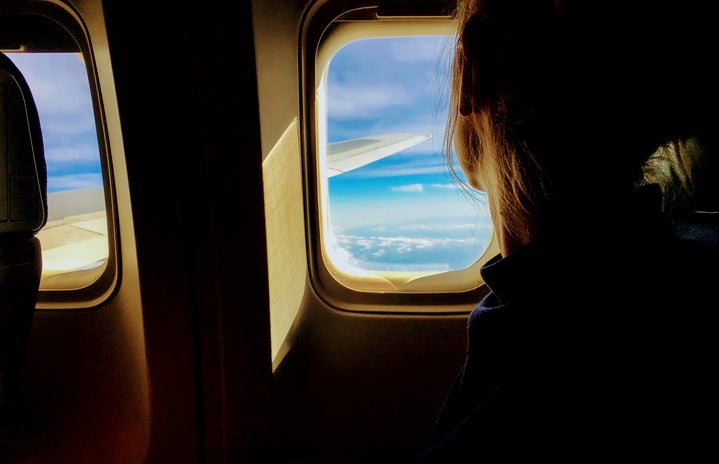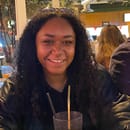The season of year abroad applications is upon us. It is a complicated time full of new information and difficult decisions. I’m a 4th year History with Spanish student and studied at a Spanish university in Seville, Spain for the 2022/23 year. I can hand-on-heart say that it was one of the most enjoyable experiences of my life, and I am here to share my wisdom on a few things I wish I had thought about or known before going abroad. Obviously, I can only speak about my experiences in Seville, but I hope that the advice I have to offer will be applicable to placements across the world.
Choosing your destination
Before I applied, I’d always loved the idea of studying in Latin America. I love travelling and trying new things and I dreamed about spending a year in Mexico, Argentina, or Peru. However, when faced with the reality of going to live halfway across the world, I realised that I wasn’t ready for that. I felt disappointed to turn down the opportunity, but it was more important to be honest with myself about my limits. I chose Seville because the city has so much to offer culturally, and the university course had a wide range of modules that I was interested in. It’s well connected to other cities in southern Spain, so I would be able to visit a multitude of places, and I could easily get back and forth for a low price. Research your options and choose somewhere that feels right based on the factors that are most important to you.
Visa applications
The study abroad team will advise you to do this, but I feel the need to reiterate it. It is SO important that you research the application process and prepare as much as possible, as soon as possible. Each country has a different application process, and the embassies and consulates often have delays and waiting lists, so it is extremely beneficial to get ahead. If not, you may end up having to find an alternative solution. This can incur lots of hidden, expensive costs, as well as unnecessary stress. I had many complex issues acquiring a visa to study in Spain. Some were out of my control, but it might have gone smoother if I had been more proactive in the initial stages. Organise yourself ahead of time and plan out what you need to do as soon as your placement is confirmed.
Accommodation options
This is, again, completely relative to the country you’re in. Some placements will provide accommodation for you, but others, like mine, do not. There are so many different types of accommodation available to year-abroad students. I had friends who stayed with host families, in studio apartments, shared accommodations, and student halls. When I travelled to Seville, I stayed in a hostel for a week to allow myself time to find somewhere permanent. I organised viewings beforehand and ended up staying in a private student hall. I wanted to be in a building with 24/7 security, receptionists who spoke English and Spanish, and to live with other students. The rooftop pool was also a major selling point! This was more expensive than most other options I explored, but it was still cheaper than living in London and it worked best for me.
Making friends
There are so many ways to make friends. It’s like being in your first year all over again. For European placements, Erasmus is present in hundreds of cities. You can join the Erasmus network and gain access to all the social events like game nights, bar crawls, city tours, club parties, and even trips. The smaller-scale events are free and others like clubs and trips have an additional fee, but they are fantastic value for money. This is a great way to meet other exchange students who are going through the same experience. Living in a student hall facilitates making friends, as you get to know people in the building. Classes are another way to meet people and, for those doing a language placement, making friends with native speakers is the best way to facilitate your learning. I came home with a whole host of friends from around the world, so don’t be afraid to put yourself out there.
Overcoming your fears
It’s safe to say that the week leading up to my departure was an emotional time for me. This strange concoction of emotions is completely normal, even though it’s overwhelming at times. Everyone has a completely different experience, so it’s hard to explain how to deal with this. My advice would be to take each day as it comes and make the best of whatever is thrown your way. The only way to crush that kind of fear is to face it head-on: by getting on that plane and opening a whole new world for yourself. I would do my year abroad again without hesitation, and I would always encourage someone who has reservations to just go for it.
Everyone’s experience applying and going abroad is different, so it is important not to compare yourself to others. Make sure you prioritise your own needs and preferences, and always choose what feels right for you. I hope this sets you up for a successful application process and an even more successful year abroad!


